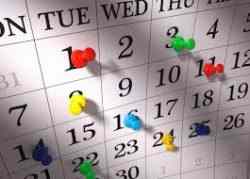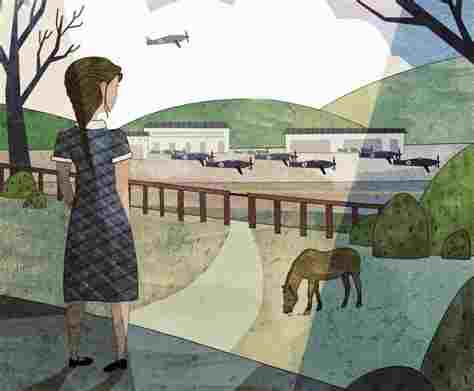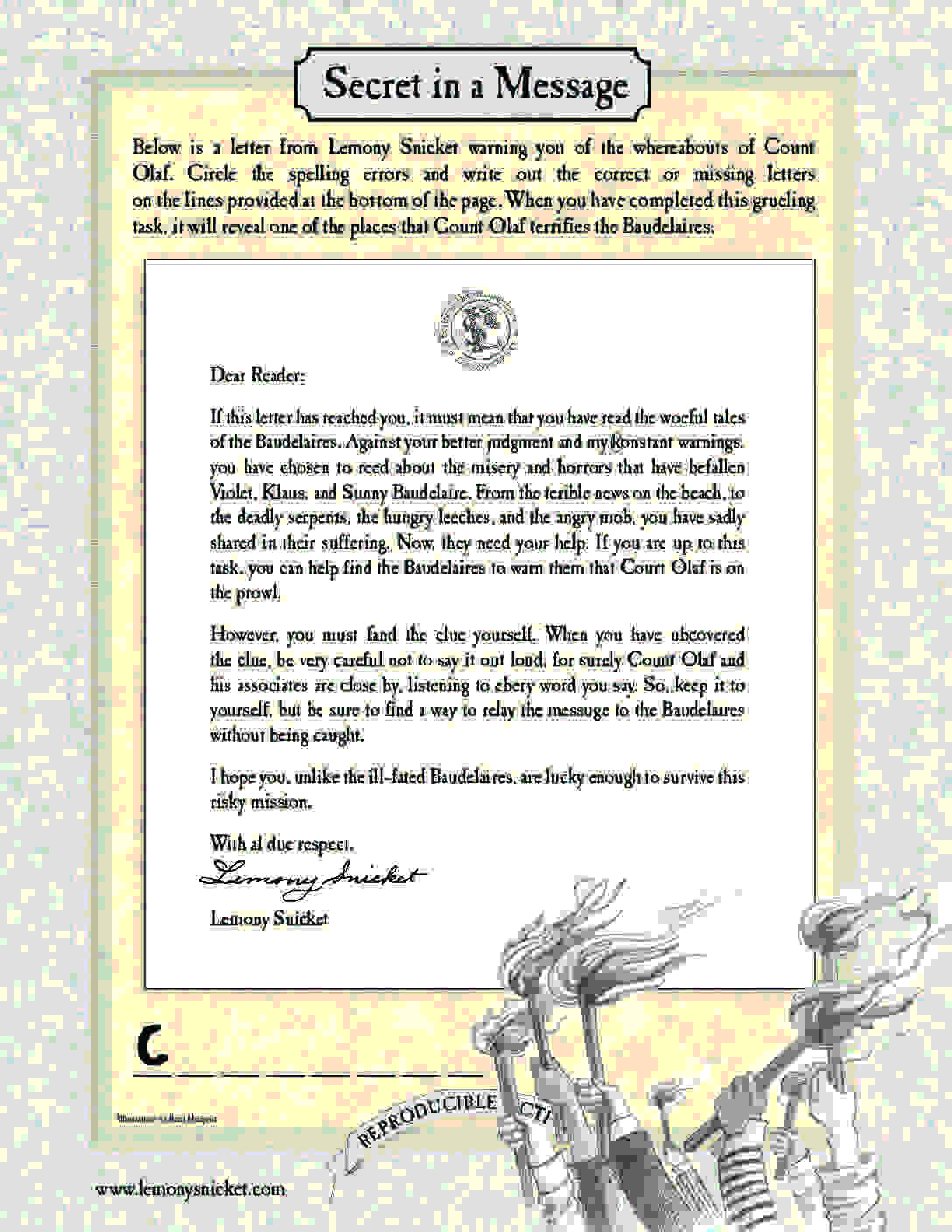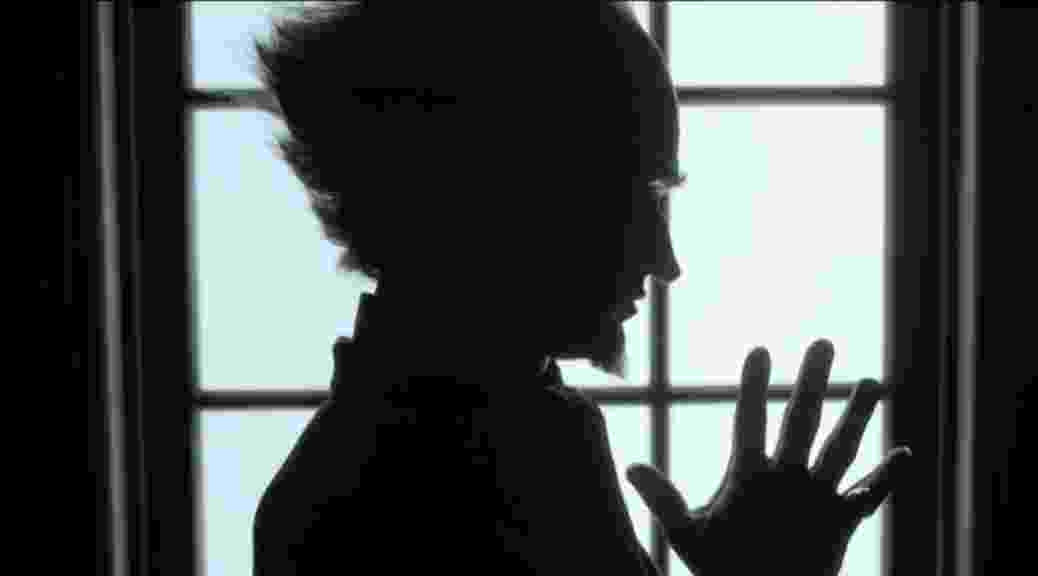Helping children like Ada
Throughout reading The War That Saved My Life, it was incredible to me to see Ada’s strength and growth, despite the incredibly abusive household she was raised in. Ever since birth, she has suffered from clubfoot, a deformity which can be, and is usually resolved at birth. Although Ada’s cruel lowlife mother leads her to believe she is incapable, simpleminded, and essentially worthless to society. Although in escaping from her prison of a home, Ada finds she is everything her mother said she is not, and so much more.
For this Make, our group decided to gather multiple resources to help children and young adults seek help if needed. We understand that most children either don’t realize they are being abused, or are unable to speak up for themselves if they are. Therefore, as teachers and instructors, it is important to have these contacts available if the student needs any help.




